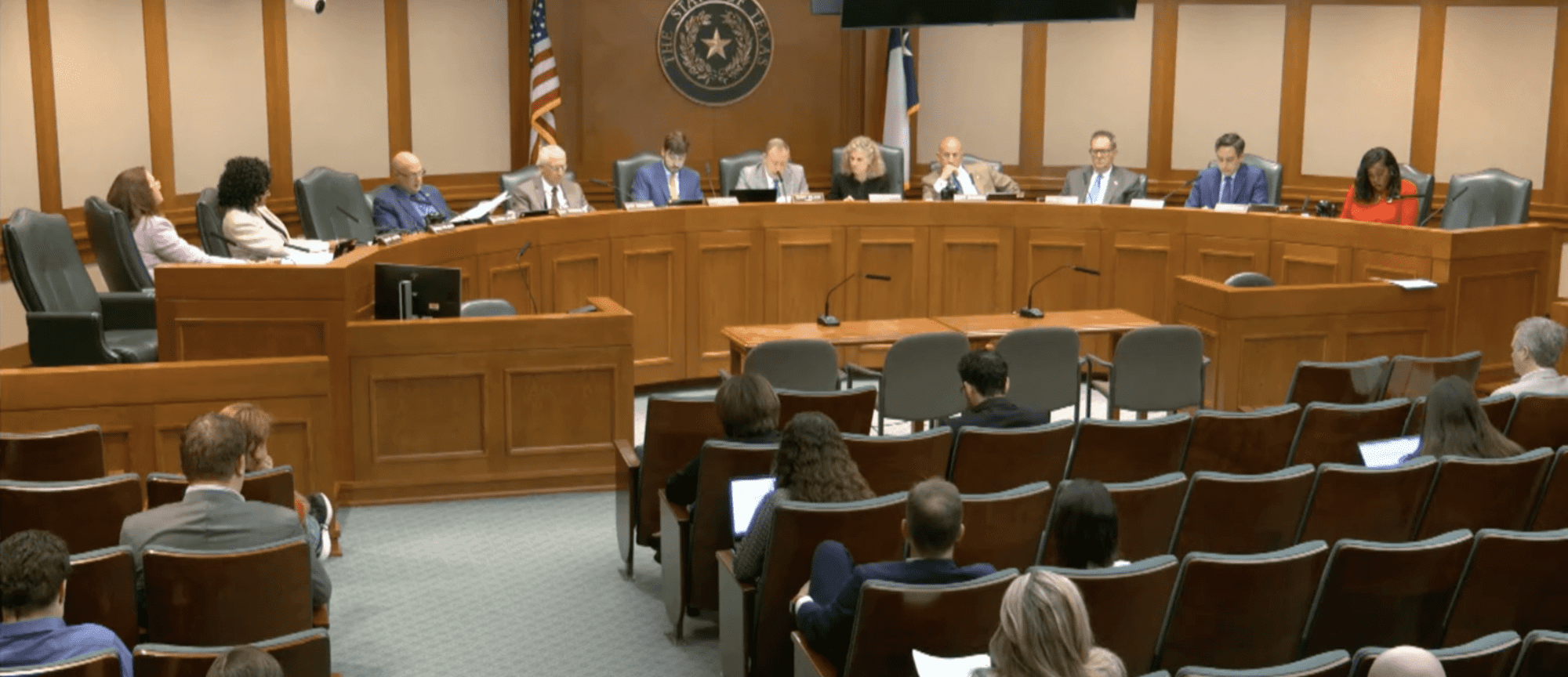As the University of Texas at Austin works to implement Texas’ new ban on Diversity, Equity, and Inclusion offices in state-funded universities, one professor isn’t sticking around to see the results.
Jennifer McClearen is an assistant professor of radio, television, and film at the Moody College of Communication. Her current course offerings include “Screening Race,” “Gender and Media Culture,” “Feminist Media Studies,” and “Gender and Race in Sports Media.”
According to her biography on the Moody College of Communications website:
Jennifer McClearen is a feminist media scholar whose research examines the cultural production of identity and difference in popular media with a specific interest in sports media industries. She probes the ways sports media defines, perpetuates, or contests discourses of gender, race, sexuality, and nationality through the lenses of feminist theory, cultural studies, sports media industries, and promotional culture studies. She does so by weaving discourse analysis, textual analysis, and ethnographic methods throughout her work. Her research and teaching interests include feminisms in popular culture, intersectionality, Black and Latinx feminist approaches to media, the body and embodiment, transgender identities, digital and participatory culture, branding and consumer culture, neoliberalism, and labor in media industries.
In a recent post to her personal substack, McClearen announced her departure from Texas’ flagship university. Titled “Why I Just Quit My Dream Job,” McClearen lamented the political climate in Texas and described why she is leaving the university, despite an expectation of being granted tenure this summer.
McClearen wrote:
I quit my dream job because my life is more expansive than just a job and because I have irreconcilable differences with my employer, the Government of the State of Texas.
According to her post, “My partner, Kate, and I have never felt at home in this state. I will not go into detail so as not to offend the many wonderful Texans I know and love, but this has never been our place.”
McClearen mentioned how much more at home she and her partner felt in the Pacific Northwest. “Part of this is undoubtedly due to Seattle’s welcoming culture toward LGBTQ people, which we have experienced to a lesser extent here in Austin,” she wrote.
McClearen, who had no connection to Texas before being hired by UT Austin, detailed her issues with the state. Foremost among them, the lack of COVID restrictions and recent reforms to the university DEI bureaucracy:
Since the pandemic, our sense of not belonging in Texas has intensified. The state took a disappointing approach to COVID-19, refusing to let the university require masking and returning us to the physical classroom too quickly.
Our lives didn’t matter to my employer, and this angered me.
The state has since attacked DEI programs, and I’ve watched marginalized students shed tears as centers that were formerly beacons of light for them are now shuttered. I recall a trans student telling me early in my career at UT that they felt so at home because of the awareness and resources available to trans people. I wonder if they would still feel the same way if they were a student here today. I strongly doubt it.
“It is one thing to live in a country where the government is regressive and makes decisions I don’t agree with; it is quite another to work for a fundamentalist state with so much control over my job and that regularly threatens to do more damage,” McClearen wrote. “The latter has proven much harder for me to reconcile.”
McClearen then announced plans to travel overseas and seek employment outside taxpayer-subsidized academia.
The new law—Senate Bill 17—went into effect on January 1. The Texas Senate’s education committee will conduct a hearing into its implementation in May.
No ads. No paywalls. No government grants. No corporate masters.
Just real news for real Texans.
Support Texas Scorecard to keep it that way!





